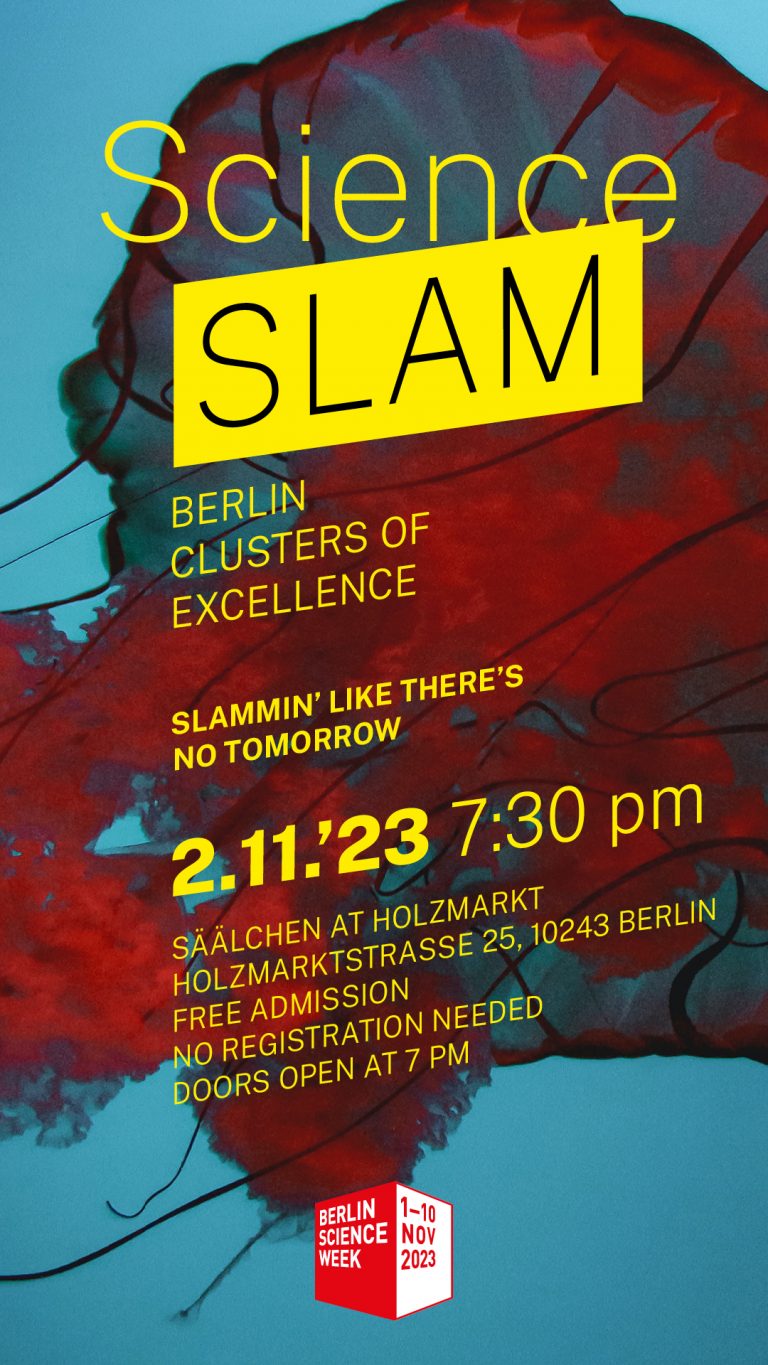
Science of Intelligence Fair 2023
The first conference and exhibition of the Cluster of Excellence Science of Intelligence (SCIoI) in Berlinwas held in September 2023. Leading experts from science and politics, as well as journalists and the broader public came together to discuss the diverse facets of intelligence research. From individual, social, and collective principles of intelligence to the ethics















